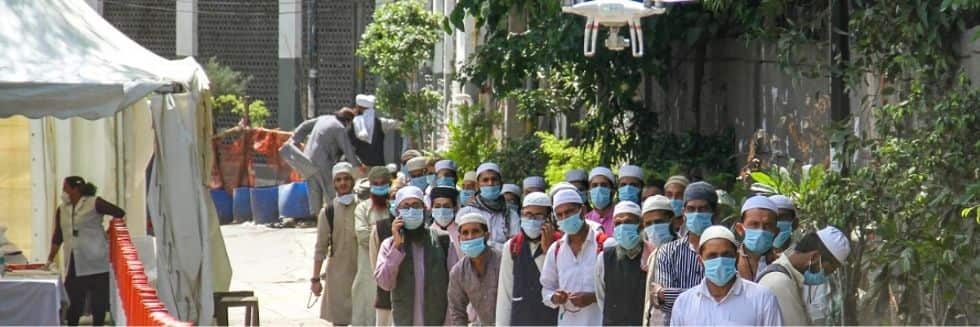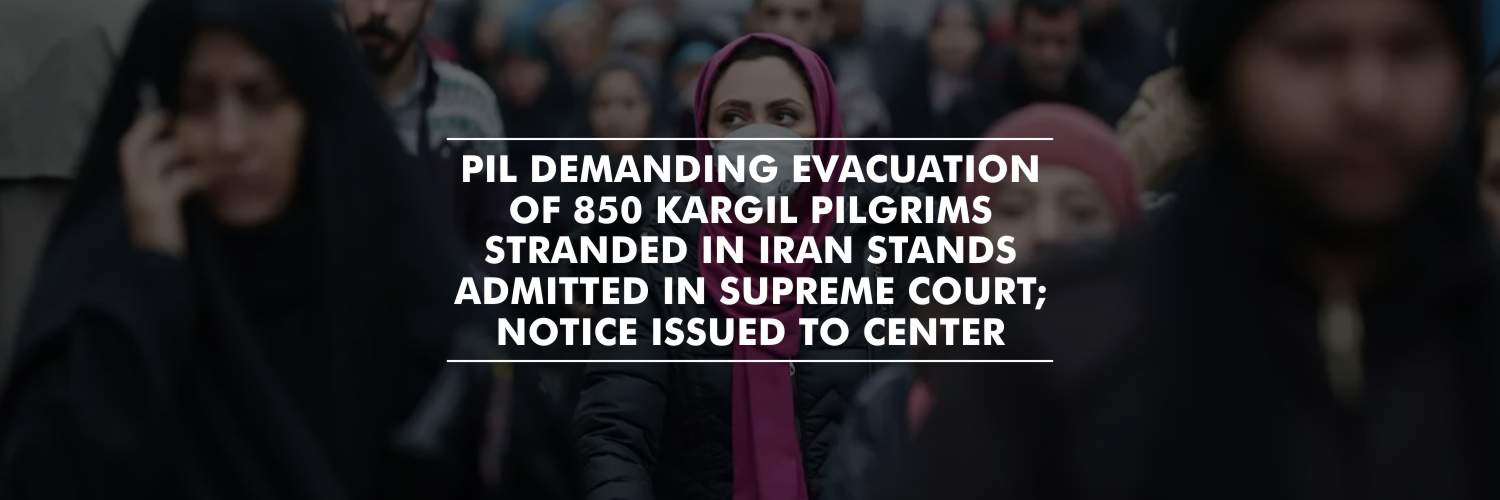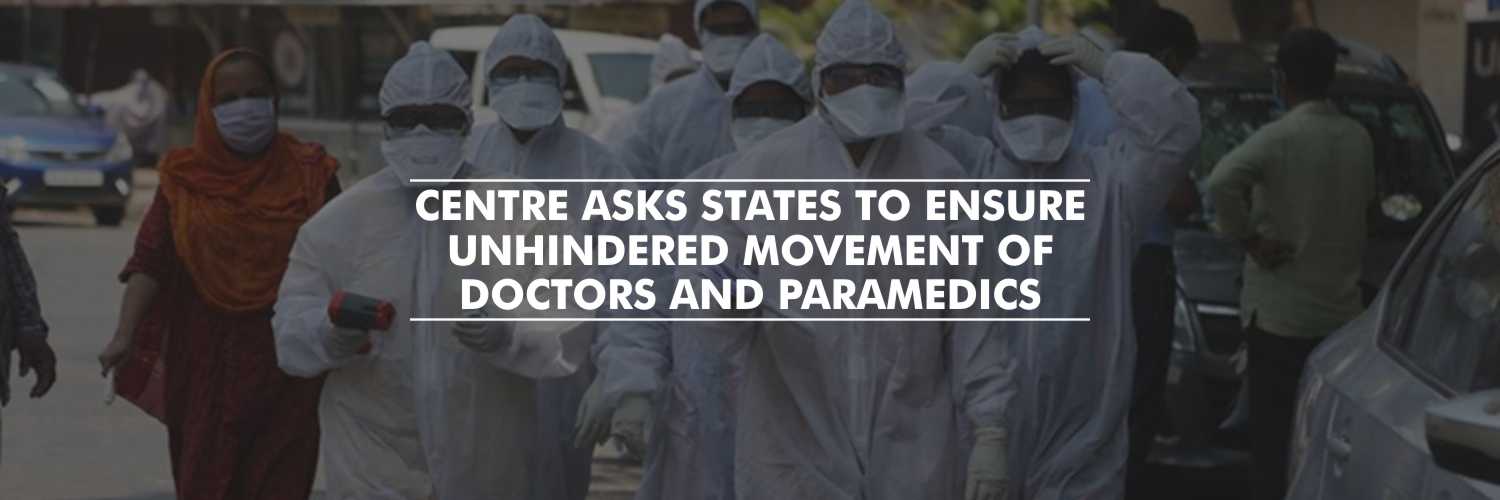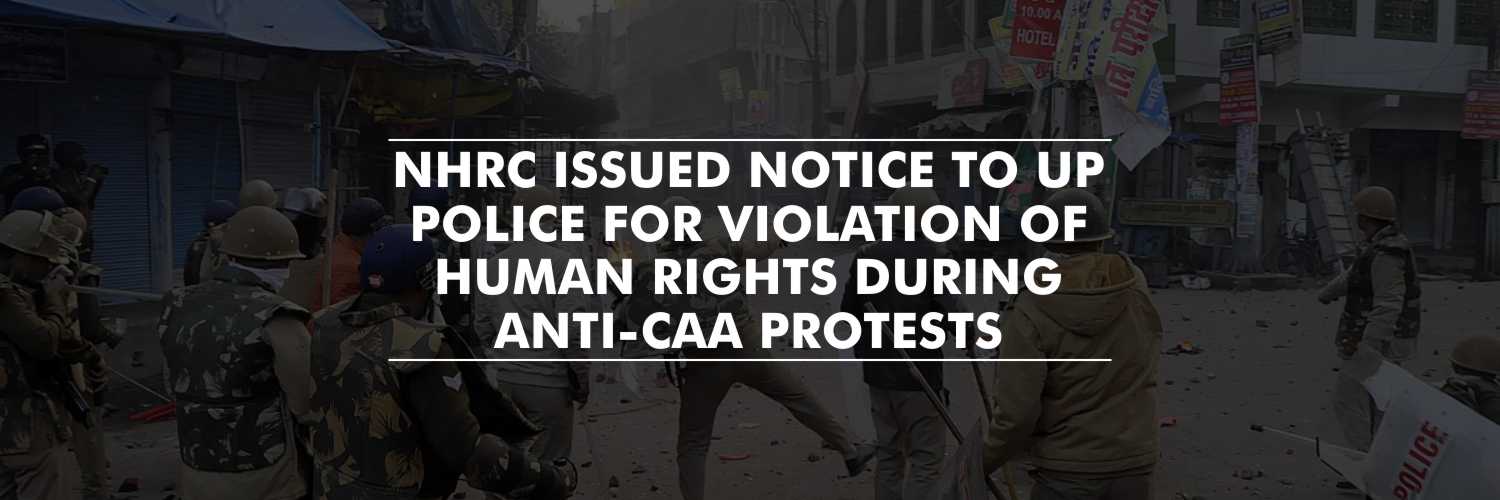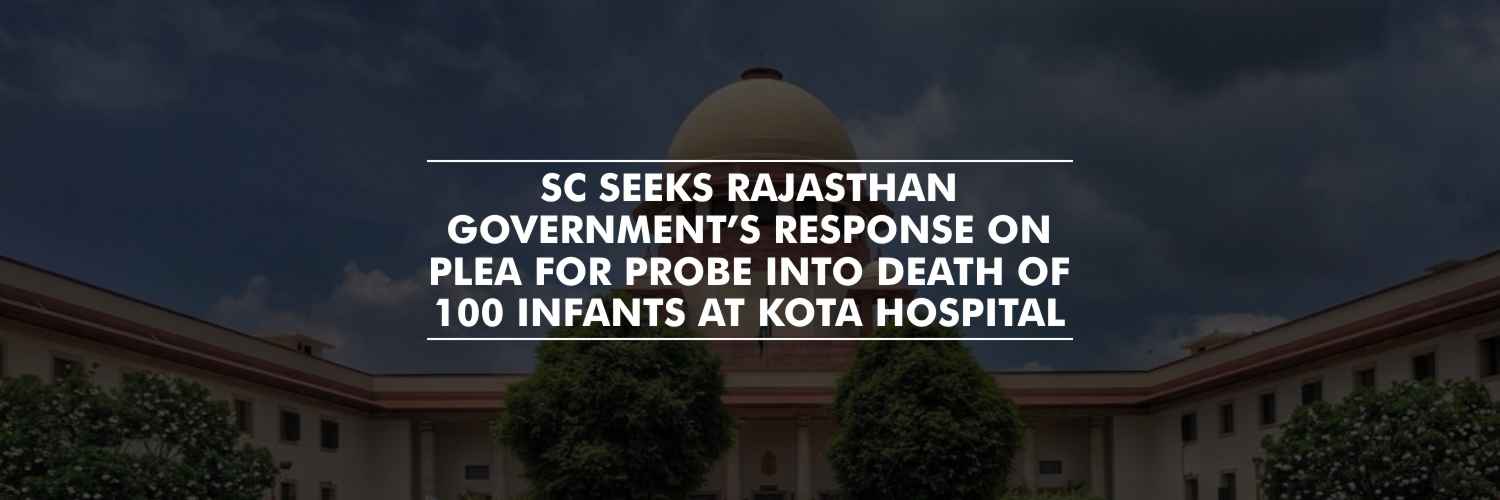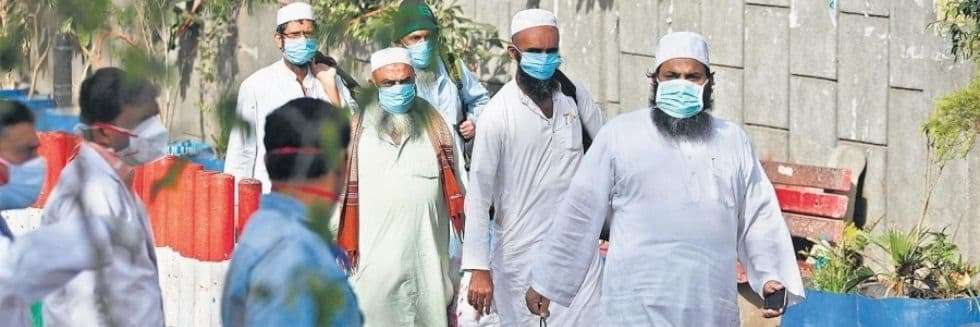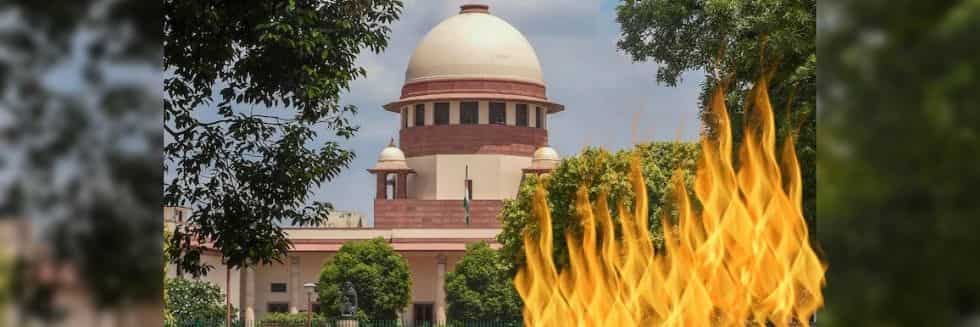On Monday, a Magistrate’s court in Mumbai acquitted 20 foreigners who were a part of the Tablighi Jamaat, for lack of evidence in support of the allegations against them. The acquitted foreigners include 10 Indonesians and 10 Kyrgyzstan.
The Mumbai police had earlier issued an advisory and warning asking people who had attended the meet at Delhi to come forward, failing which a criminal case would be registered against them. However, the group failed to come forward but was traced in the first week of April. Subsequently, on April 5, the DN Nagar police booked a group of foreigners in two separate cases for an attempt to murder and culpable homicide not amounting to murder, for not following the advisory issued in the wake of COVID-19. They were also booked under the Epidemic Diseases Act, the National Disaster Act, Foreign Act, and Bombay Police Act.
Later, the sessions court had discharged the accused from the charges of attempt to murder and culpable homicide not amounting to murder. Earlier this month the court further dropped other charges against the accused and they were put to trial only under section 135 of the Bombay Police Act for defying the rules of national lockdown and order issued by the Commissioner of police.
“The brief survey of the prosecution evidence transpires that none of the examined witnesses have an occasion to see the accused persons together in the form of assembly. The prosecution witnesses admitted that they have not seen accused persons contravening any directions or order issued by the authority. The witnesses were also not found in a position to tell where and how the accused person was residing at the time of the alleged offense,” stated the metropolitan magistrate on Monday.
In August, the Aurangabad bench of the Bombay High Court had quashed FIRs filed against 29 foreigners who had attended the Tablighi Jamaat event. The bench had observed that the delegates were made “scapegoats” in the spread of the virus while noting that the Maharashtra police acted mechanically in the case and the state government acted under “political compulsion”.
